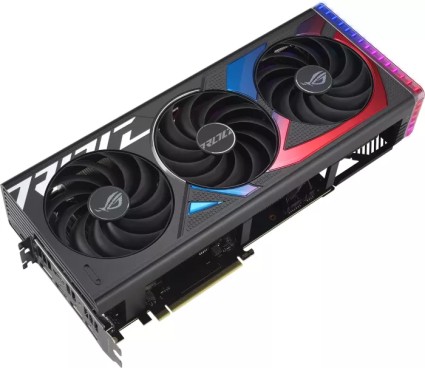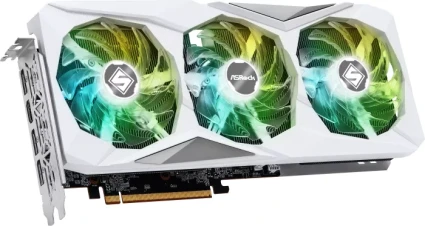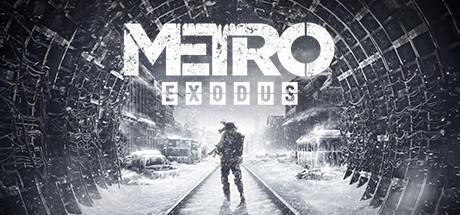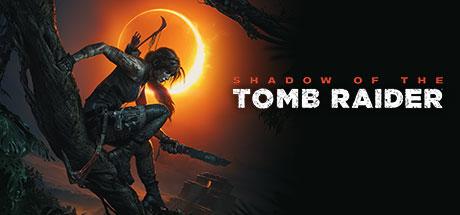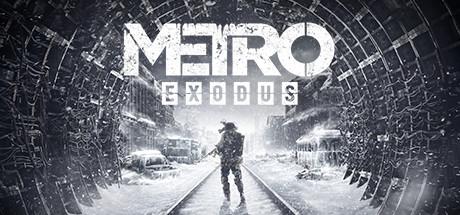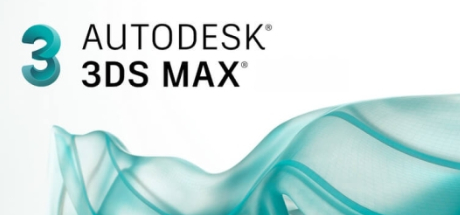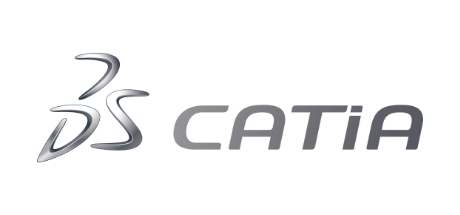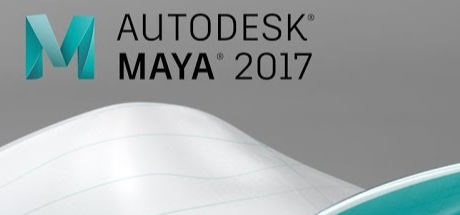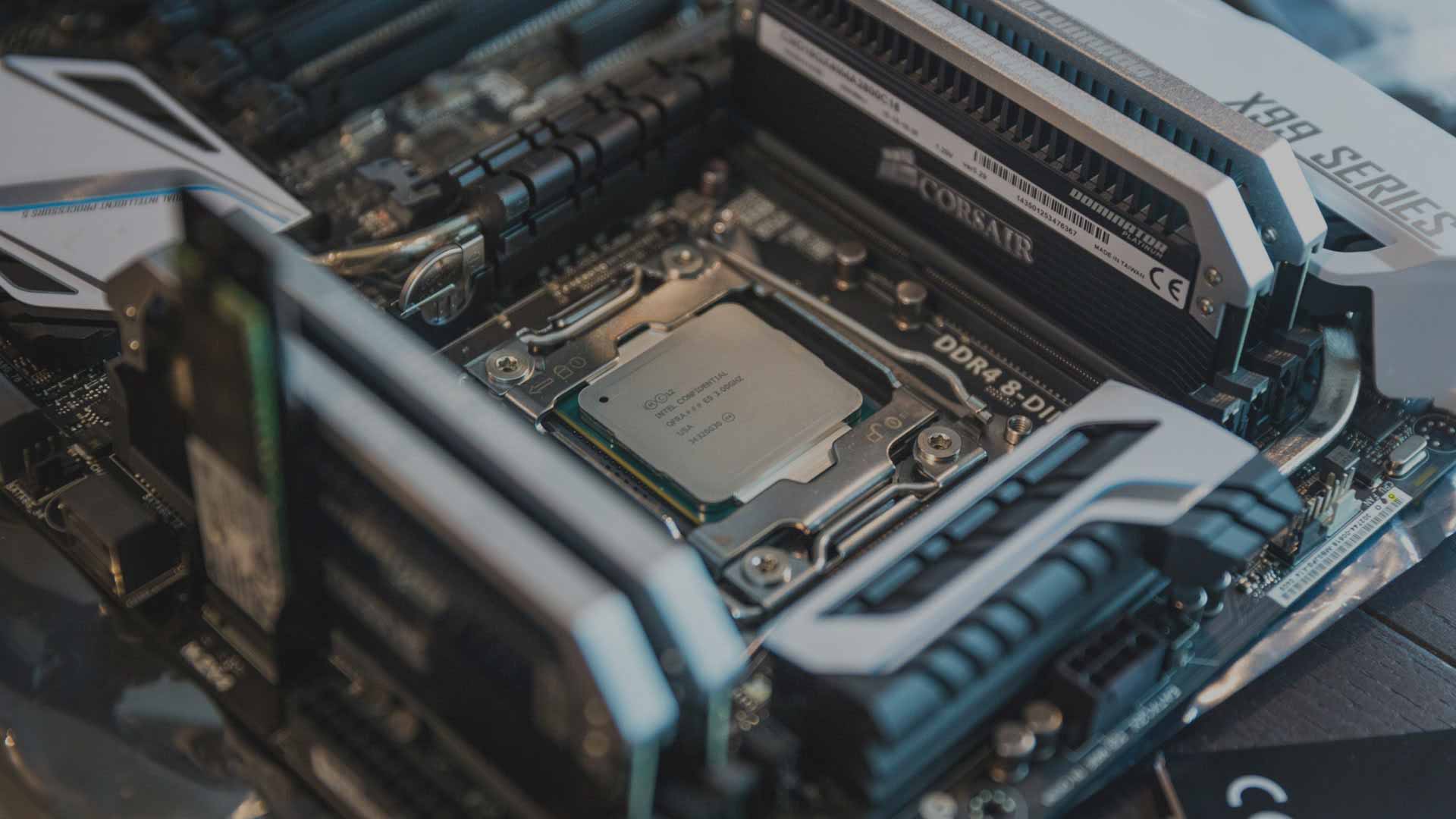
ASUS ROG Strix RTX 4070 OC vs. ASRock RX 7600 Steel Legend 8GB OC
In diesem Vergleich von ASUS ROG Strix RTX 4070 OC versus ASRock RX 7600 Steel Legend 8GB OC vergleichen wir die technischen Daten der beiden GPUs. Welche Grafikkarte ist schneller? Hier gibt es FPS & Benchmarks in Gaming und Anwendungen. Außerdem Daten zu Verbrauch, Effizienz (FPS pro Watt) und Preis-Leistung (FPS pro Euro).

Allgemeine Informationen
| Günstigster Preis |
|
|
| Hersteller | ASUS | ASRock |
| Serie | NVIDIA GeForce RTX 4070 - 12GB | AMD Radeon RX 7600 - 8GB |
| Chip-Architektur | Ada Lovelace (ab 2022/Q3) | RDNA 3 (ab 2022/Q4) |
| Chip-Bezeichnung | AD104-250-A1 / AD104-251-A1 | Navi 33 XL |
| Fertigung | TSMC 5 nm "NVIDIA 4N" | TSMC 6 nm |
| Chip-Größe | 294 mm² | 204 mm² |
| Kühlung | 3x Axial-Lüfter (95mm) mit 0dB-Zero-Fan-Modus | 3x Axial-Lüfter (90mm) mit 0dB-Zero-Fan-Modus |
Spezifikationen
Die Anzahl der Recheneinheiten, die Taktraten sowie die Größe des Cache sind neben der zugrunde liegenden Architektur ein Indiz für die Leistungsfähigkeit eines Produkts. Die ASUS ROG Strix RTX 4070 OC verfügt über 5888 FP32-ALUs und hat damit deutlich mehr Recheneinheiten als die ASRock RX 7600 Steel Legend 8GB OC mit 2048 FP32-ALUs. Der Boost-Takt der ASUS ROG Strix RTX 4070 OC liegt mit 2610 MHz etwas weniger als/wie bei der ASRock RX 7600 Steel Legend 8GB OC mit 2725 MHz.
| Basis-Takt | 1920 GHz | 1720 GHz |
| Boost-Takt | 2610 GHz | 2725 GHz |
| Übertaktung | +165MHz Boost (OC-Profil) +135MHz Boost (Standard-Profil) |
+70MHz Boost +70MHz Game |
| Chip-Konfiguration | 46SM (5888SP / 184TMU / 64ROP) | 32CU (2048SP / 128TMU / 64ROP) |
| Rechenleistung | 31.09 TFLOPS (FP16), 31.09 TFLOPS (FP32), 0.49 TFLOPS (FP64) | 44.65 TFLOPS (FP16), 22.32 TFLOPS (FP32), 1.4 TFLOPS (FP64) |
Kompatibilität und Abmessungen
| Schnittstelle | PCIe 4.0 x16 | PCIe 4.0 x16 (x8) |
| Abmessung | 338,9 | 303 |
| Gesamthöhe | Quad Slot (3.12 Slots) | Triple Slot (2.25 Slots) |
| Bauform | PCIe-Karte (full height) | PCIe-Karte (full height) |
| Slotblende | full height | full height |
| Leistungsaufnahme (TDP) | 200W | 165W |
| Zusätzliche Stromanschlüsse | 1x 16-Pin PCIe 5.0 (via Adapter: 2x 8-Pin PCIe) | 1x 8-Pin PCIe |
Speicher
Die ASUS ROG Strix RTX 4070 OC verfügt über 12 GB GDDR6X Videospeicher, welcher an ein 192 Bit Speicherinterface angebunden ist und mit 21 Gbps taktet. Die Speicherbandbreite liegt damit bei 504 GB/s. Bei der ASRock RX 7600 Steel Legend 8GB OC sind dagegen 8 GB GDDR6 VRAM mit einer Taktrate von 18 Gbps an einem 128 Bit Speicherinterface angeschlossen. Daraus resultiert eine Speicherbandbreite von 288 GB/s.
| Speicherkapazität | 12 GB | 8 GB |
| Speichertyp | GDDR6X | GDDR6 |
| Speicherinterface | 192 Bit | 128 Bit |
| Speichertakt | 21 Gbps (1313 MHz) | 18 Gbps (2250 MHz) |
| Speicherbandbreite | 504 GB/s | 288 GB/s |
Videoanschlüsse
| HDMI | 2x HDMI 2.1a | 1x HDMI 2.1 |
| DisplayPort | 3x DisplayPort 1.4a | 3x DisplayPort 2.1 UHBR13.5 |
Transcoding-Engine
| NVENC | 1x (8th Gen, max. Sessions: 8) | - |
| NVDEC | 1x (5th Gen) | - |
Encoding
| H.265 | ✓ (4K YUV 4:2:0 / 4K YUV 4:4:4 / 4K Lossless / 8K / HEVC 10bit support / HEVC B Frame support) | ✓ |
| H.264 | ✓ (YUV 4:2:0 / YUV 4:4:4 / Lossless) | ✓ |
Decoding
| AV1 | ✓ (8bit / 10bit) | ✓ |
| H.265 | ✓ (8bit 4:2:0 / 10bit 4:2:0 / 12bit 4:2:0 / 8bit 4:4:4 / 10bit 4:4:4 / 12bit 4:4:4) | ✓ |
| H.264 | ✓ | ✓ |
| VP9 | ✓ (8bit / 10bit / 12bit) | ✓ |
| VP8 | ✓ | - |
| VP8 | ✓ | - |
| VP8 | ✓ | - |
| VP8 | ✓ | - |
API-Unterstützung
| DirectX | 12 Ultimate (12_2) | 12 Ultimate (12_2) |
| CUDA | 8.9 | - |
| Vulkan | 1.3 | 1.3 |
| OpenCL | 3.0 | 2.2 |
| OpenGL | 4.6 | 4.6 |
| Shader Modell | 6.7 | 6.7 |
| Multi-GPU-Unterstützung | - | - |
Chip-Unterstützungen
| Raytracing | ✓ (3rd Gen NVIDIA RTX) | ✓ |
| NVIDIA Tensor | ✓ (4th Gen) | - |
| HDCP | 2.3 | 2.3 |
Sonstiges
| Einführung | 12.04.2023 | 24.05.2023 |
| Herstellergarantie | drei Jahre (Abwicklung über Händler) | zwei Jahre (Abwicklung über Händler) |
Spiele

- NVIDIA GeForce RTX 4070 - 12GBAVG100.00 %1%100.00 %
- AMD Radeon RX 7600 - 8GBAVG64.34 %1%61.24 %

- NVIDIA GeForce RTX 4070 - 12GBAVG54.3 FPS1%42.3 FPS
- AMD Radeon RX 7600 - 8GBAVG35.1 FPS1%18.8 FPS

- NVIDIA GeForce RTX 4070 - 12GBAVG149.1 FPS1%89.4 FPS
- AMD Radeon RX 7600 - 8GBAVG109.5 FPS1%62.2 FPS

- NVIDIA GeForce RTX 4070 - 12GBAVG526 FPS1%326.3 FPS
- AMD Radeon RX 7600 - 8GBAVG296.7 FPS1%137.8 FPS

- NVIDIA GeForce RTX 4070 - 12GBAVG85 FPS1%70.8 FPS
- AMD Radeon RX 7600 - 8GBAVG69.6 FPS1%57.2 FPS

- NVIDIA GeForce RTX 4070 - 12GBAVG177.1 FPS1%157.6 FPS
- AMD Radeon RX 7600 - 8GBAVG113.9 FPS1%99.2 FPS

- NVIDIA GeForce RTX 4070 - 12GBAVG179.7 FPS1%138.9 FPS
- AMD Radeon RX 7600 - 8GBAVG120.6 FPS1%95 FPS

- NVIDIA GeForce RTX 4070 - 12GBAVG129.2 FPS1%86.4 FPS
- AMD Radeon RX 7600 - 8GBAVG87.6 FPS1%58.2 FPS

- NVIDIA GeForce RTX 4070 - 12GBAVG180.5 FPS1%147.3 FPS
- AMD Radeon RX 7600 - 8GBAVG102.8 FPS1%85.2 FPS
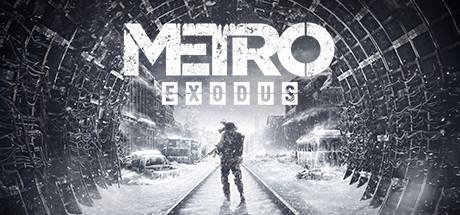
- NVIDIA GeForce RTX 4070 - 12GBAVG74.1 FPS1%47.9 FPS
- AMD Radeon RX 7600 - 8GBAVG43.7 FPS1%29.2 FPS
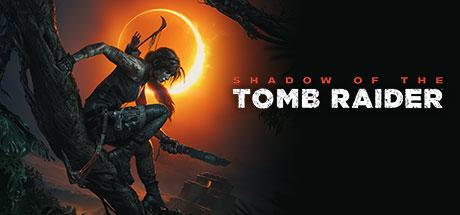
- NVIDIA GeForce RTX 4070 - 12GBAVG235 FPS1%165.8 FPS
- AMD Radeon RX 7600 - 8GBAVG135.7 FPS1%98.3 FPS

- NVIDIA GeForce RTX 4070 - 12GBAVG87.9 FPS1%67.5 FPS
- AMD Radeon RX 7600 - 8GBAVG53.6 FPS1%39.2 FPS

- NVIDIA GeForce RTX 4070 - 12GBAVG141.2 FPS1%111.4 FPS
- AMD Radeon RX 7600 - 8GBAVG87.3 FPS1%70.1 FPS

- NVIDIA GeForce RTX 4070 - 12GBAVG0.32 FPSAMD Radeon RX 7600 - 8GBAVG0.47 FPS

- NVIDIA GeForce RTX 4070 - 12GBAVG0.26 FPSAMD Radeon RX 7600 - 8GBAVG0.35 FPS
